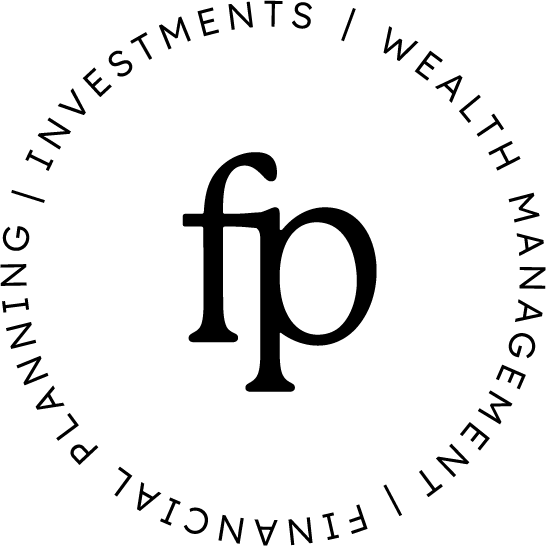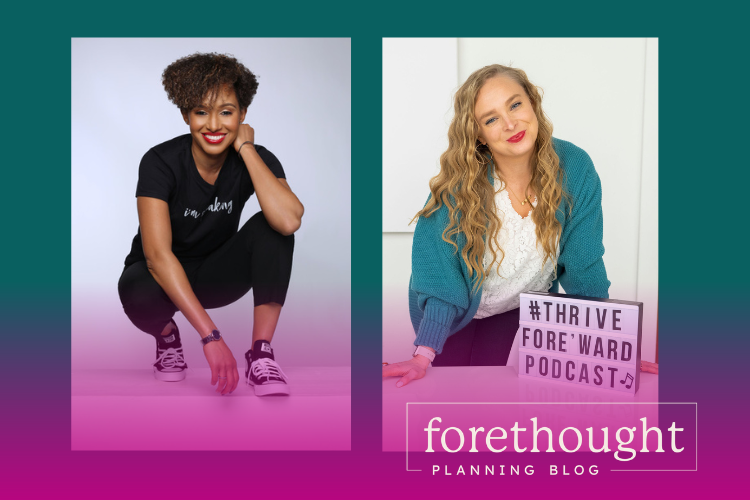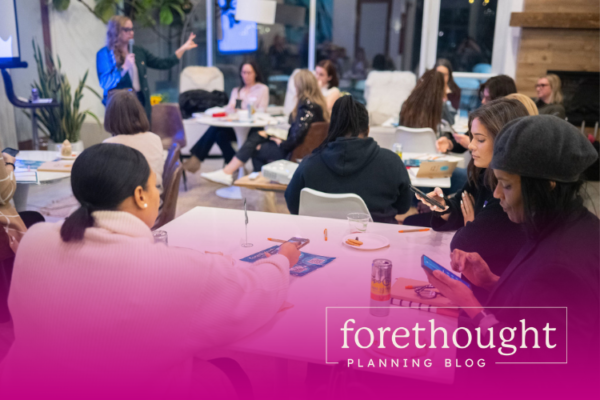Why is wealth so concentrated in one demographic?
Why does the industry leading these individuals look exactly the same?
How do make this impactful and expedited change?
In all honesty, we can’t sit around and use the excuse of “It takes time.” Yes of course, it will take time to implement but not to start. I often heard this phrase every time in my corporate setting I would ask when we would have more female and advisors of color. The reality is, I truly believe people still think this is a career for men or don’t understand the awesome part of our career that we get to influence and participate in.
Sometimes, you have to trailblaze a road for others. On today’s podcast I’m joined with CEO and Founder of CHIP Professionals as well as fellow LPL Advisor, Dana Wilson. We discuss our experiences of finding these seemingly hidden careers, the advantages and struggles of being women in a white, male dominated industry. Dana founded CHIP Professional as a resource outlet for clients to find advisors of color specifically focused on black and latinx advisors across the country.
Why should you as the end investor care about the diversity of an industry? It’s like so many industries out there that are battling the inclusivity of their cultures and I believe, call me bias, that our industry has the power to influence beyond just those that work in it but those that partner with us.
So two gals in different experiences yet tied together with a common goal — Dana and I break down the following:
-
How to work through sterotypes?
-
How to overcome a stigma in an industry that doesn’t look like you?
-
How do we create change in order to impact the next generation of wealth?
I often sit back and reflect on these questions and the change that will be happening over the next several decades of wealth transition, transfer, and creation — it won’t be concentrated in a white, male dominated space more women and people of color will have the opportunities to inherit and repurpose wealth. If we don’t step up our game in the industry of education, empowerment, and mirroring our audience then we will lose the opportunities to serve. I know how much representation matters to me as a woman. When I would see other women in roles there would be an instant reaction “Wow! I can do that if she can!” It no longer felt untouchable.
We have a staggering wealth gap in our country right now and as an industry that guides this, I wonder if we had more diversity and resources for communities that felt approachable rather than that untouchable or denied feeling would that change? Solving the wealth gap has never meant that we take for one and give to another — rather we create more opportunities for all to achieve.
I talk in Dana and I’s conversation about a paper I wrote in one of my college courses on the advertisement of the financial industry. In my own backyard I analyzed simply the visual presence or lack there of wealth based conversations in the inner city vs concentrated white neighborhoods. This was almost 20 years ago and I’d like to say it has changed but it hasn’t. When I drive through north or south Minneapolis specifically Broadway Ave or Lake St where the neighborhoods are concentrated populations of people of color — the images I see are those of debt consolidation, pay check loans, easy cash available, ATM here, and signage that implies spending and accumulating debt. On the flip side when I drive through neighborhoods like 50th and France in a first ring wealth neighborhood like Edina, MN where the population is concentrated with more white families — the images are real estate agents to buy homes, banks on many corners, wealth management offices, and the absence of all the signage you see in the Broadway and Lake St neighborhoods.
As we have increased the conversation around racial justice as a nation and world since the beginning of the pandemic, after the killing of George Floyd (and countless other black and brown people), and presently the increase in hate crimes against our asian communities — this isn’t a conversation that is limited to one demographic, one career, one city, or neighborhood, rather it is on all of us to continue these conversations.
I’ll shoot it straight for one moment — if we have more equity (no pun around stocks here) around wealth, income, and home ownership do you think we will need to have as many resources non-profit and government pouring into communities that are underserved? Also, this is not just an inner city issue — it is one that also drastically has impacted our rural communities as well. Your wealth gives you a piece of power — power you can use to serve for the good of you and your family AND also the community. No I’m not asking you to give a hand out friends. This is the time to dig deeper in conversation here are a few items that I would suggest implementing to begin the journey forward around lessening the wealth gap.
-
What are the companies that you are invested in? Do they align with your values? What impact are they making on the wealth gap — lessening or increasing?
-
Ask your bank or credit union what impacts that are making in underserved communities to provide greater home ownership and financial education for communities of color. FYI this is something many financial institutions have to keep record of — so asking shouldn’t be something they aren’t used to
-
Where are you spending your money? Do you have the ability to support local and small business in your area to drive more support of your local economy?
-
Ask your advisor or wealth management team how they are working toward change in the industry and making careers more accessible to people of color.
Want to find an advisor or color utilize Dana’s company CHIP Professional and connect more with them via the below links:
Danas’s Podcast “The Included Series”
Connect and Follow Dana on LinkedIn
Dana also mentioned a great read in Power Up by Magdalena Yesil
Securities offered through LPL Financial, a member of FINRA/SIPC. Advisory services offered through Advisors’ Pride, a SEC registered investment advisor. LPL Financial, Advisors’ Pride, Forethought Planning and the guests of Thrive For[e]ward podcast are separate and unaffiliated parties. Any of the parties listed above are not affiliated with Forethought Planning, Advisor’s Pride, or LPL Financial. The views expressed here are those of the participants, and not those of Forethought Planning, Advisor’s Pride, or LPL financial. The opinions voiced in this material are for general information only and are not intended to provide specific advice or recommendations for any individual. LPL Financial and Forethought Planning do not offer legal services. All investing involves risk including loss of principal. No strategy assures success or protects against loss. ESG investing is subject to numerous risks; chief amongst these is that returns may be lower than when decisions are based solely on investment considerations. All company names noted herein are for educational purposes only and not an indication of trading intent or a solicitation of their products or services. Because of their narrow focus, sector investing will be subject to greater volatility than investing more broadly across many sectors and companies.





